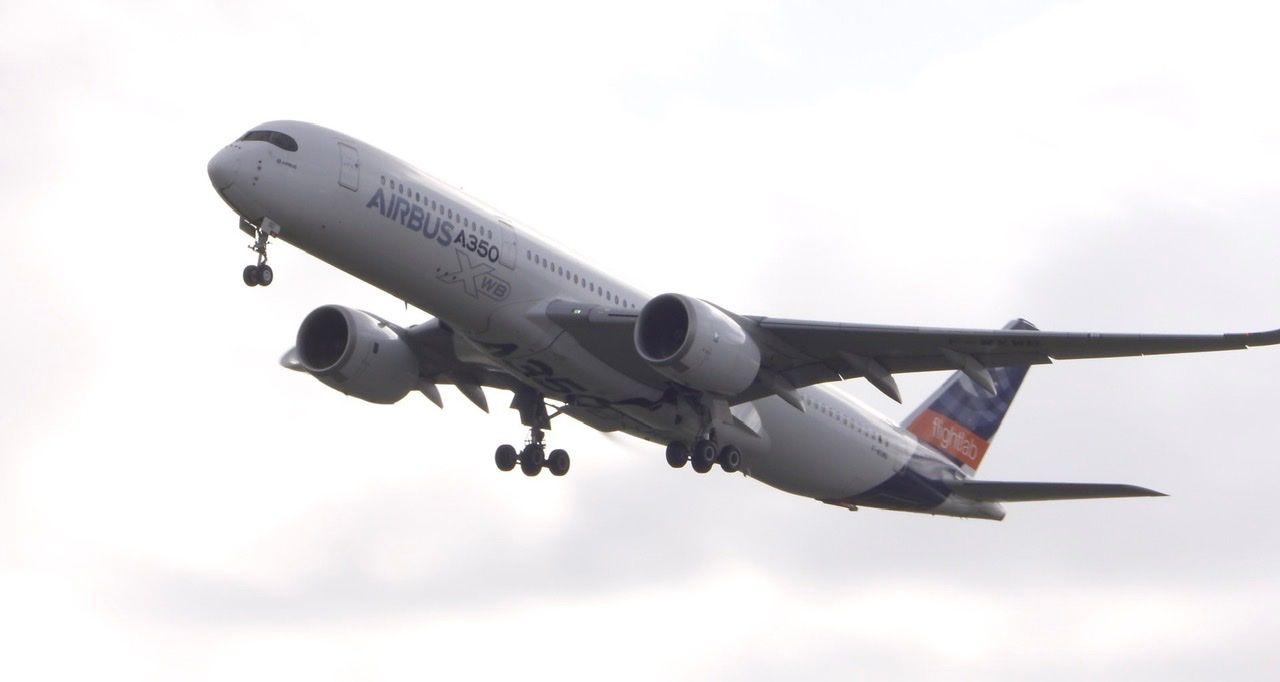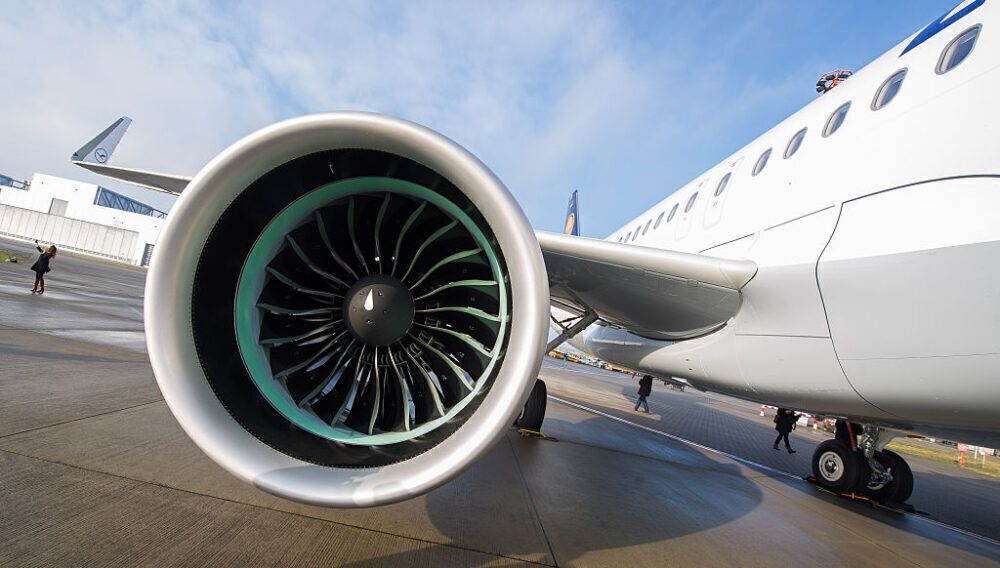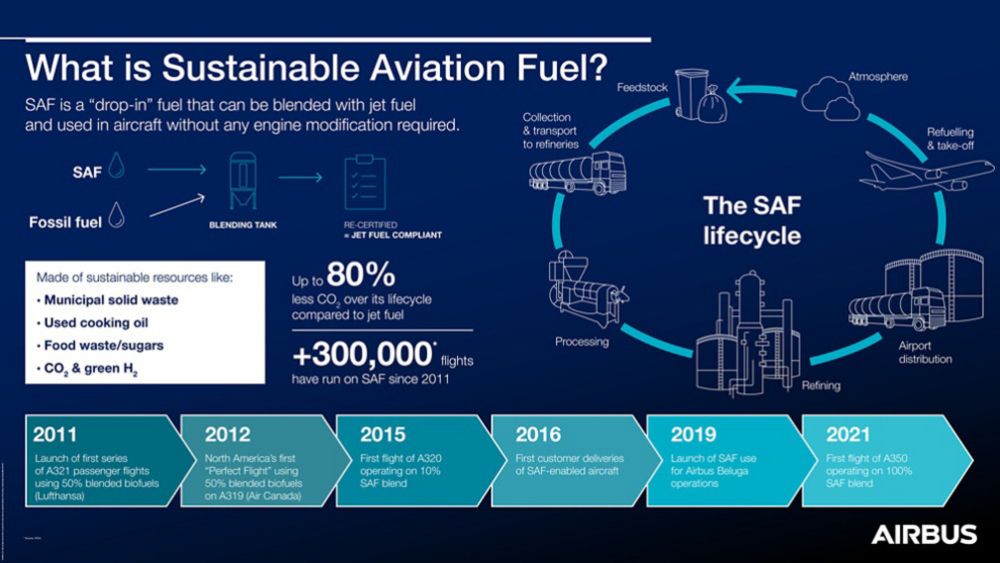Airbus has been intricately detailing its strategy to meet sustainability deadlines over the coming decades. The manufacturing giant is intent on overcoming challenges across the board. With net-zero on the company’s mind, its chief executive officer, Guillaume Faury, has highlighted that the sale of new aircraft is crucial to meet environmental and efficiency goals.
In many instances, the ability to make use of existing equipment is the best way to be sustainable. However, in the aviation spectrum, the better option may be to upgrade. This is a factor that is already evident. For instance, the arrival of the A320neo family brought 20% fuel burn savings per seat compared to previous-generation models. Overall, with technology continuing to evolve, the savings to be had by keeping up to date can’t be understated.
The right aircraft in this climate
Airbus has doubled down on the need to upgrade fleets in the new climate. The pandemic has undoubtedly catalyzed the phasing out of aged units across the globe, but the manufacturer’s leadership calls for the momentum to keep going. This modernizing goes hand in hand with the wider work that Airbus and its partners are doing to clean up emissions.
“We don't need to stop selling new planes. It’s the contrary, we need to accelerate the replacement of old planes with new ones because given the speed at which we reduce fuel burn on planes, replacing an old one with a new one is a much better way to reduce carbon than to keep the old one. The pace at which innovation has gone into fuel burn and carbon emission has been impressive. So, we need to continue the pace, not stop it,” Faury shared at the Airbus Summit in Toulouse.
“Another very important way of reducing carbon emissions very quickly is the acceleration of SAF [sustainable aviation fuel] because we have planes today which are certified for 50% SAF - all planes we are delivering. The use rate in the world is below 1%. So, we could do much better, much faster, and not stopping aviation around the world, which contributes a lot to prosperity and the prosperity we will need for investment in all sectors to decarbonize human activities.”
Scaling it up
Altogether, Airbus is highly supportive of an industry-wide SAF uptake. With such a low uptake presently, it’s keen to ramp up utilization. It wants to boost the current figure of around 1% of flights to 10% by 2030.
There has already been a significant step forward in the mission to boost SAF certification. For instance, in March, an Airbus A350 took off from Toulouse, fuelled by 100% SAF. This move is a milestone in Airbus’ target to achieve certification for 100% SAF for its fleet by the end of this decade.
Stay informed: Sign up for our daily and weekly aviation news digests.
Just the beginning
Fleet renewals are set to continue over the next few decades. Along with the switching over to current generation aircraft, Airbus is preparing to introduce revolutionary units by the middle of the next decade, such as the hybrid-hydrogen ZEROe, which is expected to enter into service by 2035.
Overall, European authorities have their sights on carbon-neutrality by 2050. Alongside this, Airbus has a net-zero aviation ecosystem on its mind. So, it is considering all factors in this next chapter.
What are your thoughts about Airbus’ goals to help decarbonize the aviation industry? What do you make of Guillaume Faury’s statements on the industry? Let us know what you think of the overall situation in the comment section.



